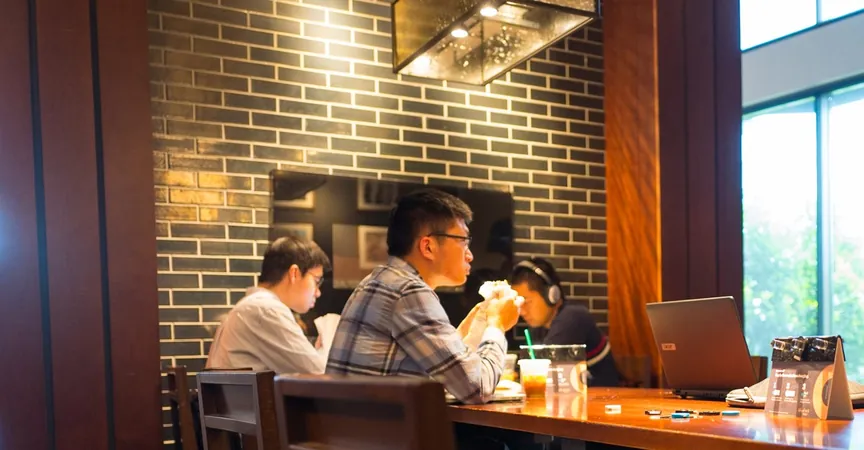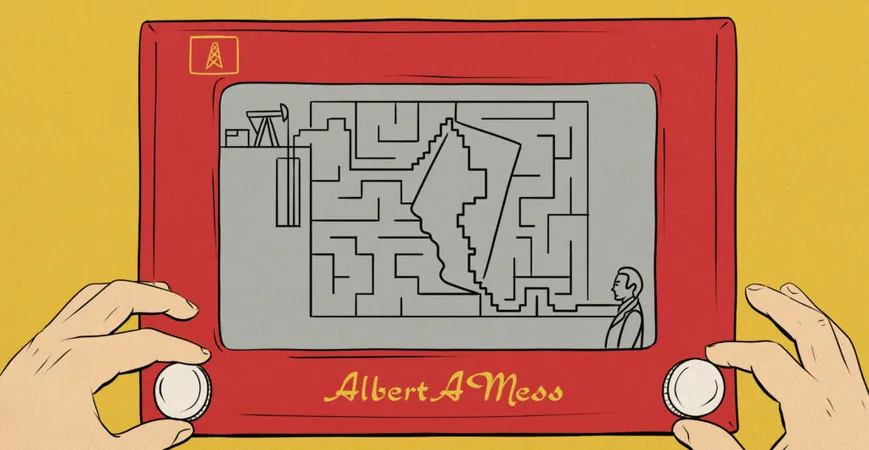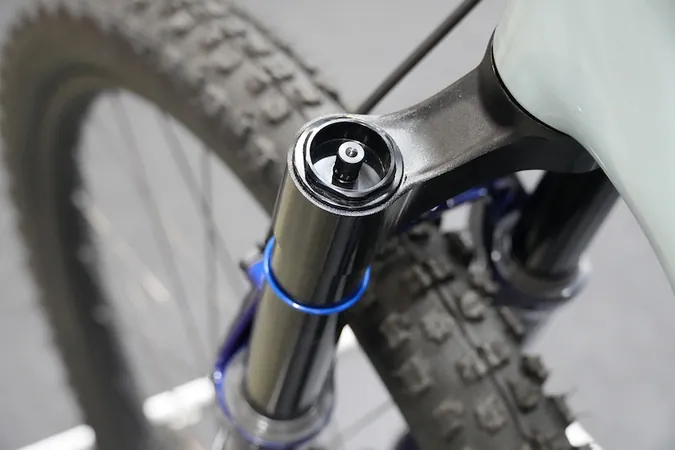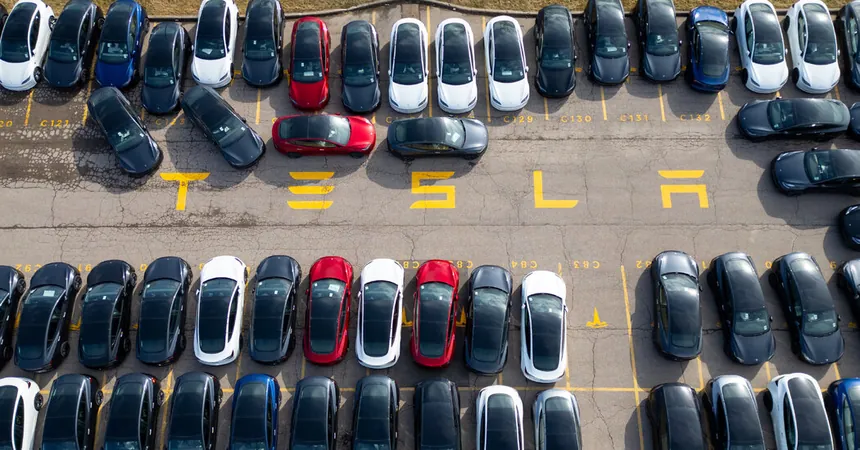
Is Your Job at Risk? The AI Takeover of Remote Work
2025-03-13
Author: Amelia
As the world continues to embrace the digital age, countless jobs are now performed entirely from laptops. From writers who craft stories to accountants managing finances, the convenience offered by laptop-centric jobs is undeniable. Flexibility, freedom from commutes, and a relaxed dress code make these roles appealing—but there are looming concerns.
If you are in the laptop workforce and aren’t feeling uneasy about the rapid advancements in artificial intelligence (AI), you might want to reconsider. The pace at which AI is evolving suggests that this sector of the labor market is particularly vulnerable. In fact, new AI models have reached remarkable levels of proficiency, often rivaling or even exceeding human capability in programming and various creative fields, which has resulted in startups hiring fewer human workers.
Generative AI systems—such as DALL-E, Midjourney, and others—are now competing head-to-head with human graphic designers, leading to a significant decrease in demand for freelance visual artists. Similarly, tools like OpenAI’s Deep Research can effectively conduct thorough research projects, diminishing the need for human input.
One of the most intriguing aspects of this technological progression is the distinction between the rapid improvements in AI for digital tasks and the relatively slow advancements in robotics for physical work. While AI systems are capable of performing intellectual tasks at a human level, the robotics sector has not made similar strides. For instance, the dream of humanoid robots that can perform household chores still remains unfulfilled.
Imagine a future where AI can effortlessly handle any remote work task. From writing engaging articles to creating viral videos and managing financial audits, AI could perform these jobs in a fraction of the time it takes humans. This dystopian vision suggests a possibility of a new workforce made up entirely of AI, reshaping economic landscapes in ways we cannot yet fully comprehend.
Reflecting on the potential impact of such developments, one study by Epoch AI analyzed over 19,000 job tasks to determine what jobs could be fully automated. They established that around 34% of all job tasks can be accomplished remotely; however, only 13% of job categories include the top tasks that could be entirely replaced by advanced AI. If these predictions hold true, we could witness widespread job displacement across industries, similar to what we observed in the agricultural sector during the Industrial Revolution.
However, as AI takes over more remote jobs, there remains a question of what work will still require human involvement. Jobs that require physical presence or nuanced human interaction—like emergency responders, healthcare workers, or roles in trades—are likely to remain secure for now. But the challenge lies in the transitional phase, where individuals displaced from remote tasks must find new positions in fields that are harder to automate.
Moreover, while it’s tempting to panic at these advancements, history has shown that technological progress can lead to new industries and job creation. Consider the way the textile industry flourished after technological breakthroughs in the 18th century, significantly boosting the economy instead of stifling it.
Yet, we should be cautious: the momentum toward automation does not guarantee a smooth transition. As AI systems improve, it's critical to navigate workforce changes thoughtfully to ensure we are not displaced without options. For every task an AI can take over, there will likely still be a demand for uniquely human skills—creativity, emotional connection, and critical thinking.
Entrepreneurs, businesses, and workers alike should be prepared for an AI-augmented world. This could result in the emergence of hybrid roles where humans and AI collaborate, enhancing productivity rather than completely eliminating jobs.
In summary, while AI is indeed coming for the laptop class, it’s also opening a door to new opportunities. The key takeaway? Understanding and adapting to these transformative changes will be crucial in ensuring we thrive in the evolving landscape of work. As we face potential disruptions, the future may yet hold a space for innovation, collaboration, and human expertise alongside advanced technology.









 Brasil (PT)
Brasil (PT)
 Canada (EN)
Canada (EN)
 Chile (ES)
Chile (ES)
 Česko (CS)
Česko (CS)
 대한민국 (KO)
대한민국 (KO)
 España (ES)
España (ES)
 France (FR)
France (FR)
 Hong Kong (EN)
Hong Kong (EN)
 Italia (IT)
Italia (IT)
 日本 (JA)
日本 (JA)
 Magyarország (HU)
Magyarország (HU)
 Norge (NO)
Norge (NO)
 Polska (PL)
Polska (PL)
 Schweiz (DE)
Schweiz (DE)
 Singapore (EN)
Singapore (EN)
 Sverige (SV)
Sverige (SV)
 Suomi (FI)
Suomi (FI)
 Türkiye (TR)
Türkiye (TR)
 الإمارات العربية المتحدة (AR)
الإمارات العربية المتحدة (AR)